| Augustus by A.H.M. Jones (1970) Educator Guide |
|---|
| www.studenthandouts.com ↣ World History ↣ Ancient Rome ↣ Ancient Rome Books and Films |
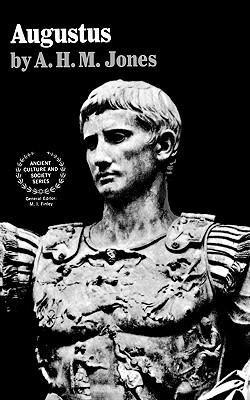 Length: 196 pages (paperback)
Length: 196 pages (paperback)
Age Appropriateness Rating: Augustus by A.H.M. Jones is written at a level that mature high school students can understand. However, few high schoolers will have the background knowledge necessary to understand this book's content. Publication Information: Jones, A.H.M. Augustus. New York: W.W. Norton and Company, 1970. Historical Accuracy: Arnold Hugh Martin Jones (1904-1970), Professor of Ancient History at the University of Cambridge, was one of the world's leading scholars on ancient Rome. His book on the founder of the Roman Empire is arguably the best available. Review: Augustus assumes that the reader is already very familiar with ancient Roman history. However, this does not put the book entirely out of the reach of high school students. I would recommend this book to advanced high school students, as well as to teachers who want to refresh their memory. The writing style is very much that of a learned professor speaking to his students, complete with interesting anecdotes and facts. The cons: Augustus has innumerable Latin phrases, and mentions enough names, places, titles, and honors to make your head spin. To make matters worse, all of the maps are grouped together at the back of the book rather than placed within the text. The pros: The maps are excellent. The index is brief, but contains a lot of names. There is also a short, but informative, Latin glossary (although having these terms defined within the text would make reading this book much simpler). Additionally, the book contains a Julian family tree and a timeline of Augustus' life. Augustus is divided into 16 chapters. The first five chapters are written largely in chronological format, and cover Augustus' birth, rise to power, and death. The remaining 2/3 of the book delves more deeply into various aspects of Augustus' rule, such as how he dealt with the Roman provinces, his social policies, and the available source material on Augustus and the time period. It is this level of organization that makes Augustus such fun to read, and so useful as a bibliographical reference. We recommend this book as a reference item for both teachers and students. It would also work nicely for a book report by an advanced student of World History or European History. Miscellaneous: From the back flap: Professor Jones discusses the career of Augustus in the context of the turbulent times of the breakdown of the Roman Republic into civil war. He shows how dependent Augustus' rise to power was upon his adoption by Julius Caesar, and traces the ruthless and unscrupulous way in which Augustus exploited his unique position as "Caesar's heir." But he demonstrates that Augustus's continuing success was all his own: the adopted son succeeded in solving the political crisis which, because he had failed to do so, had cost the father his life. For Augustus was a consummate politician, and it was his great achievement to establish a form of government which proved more or less stable for over two centuries. Constitutional changes, administrative revisions, factional rivalry, and war are all themes that Professor Jones develops within the main narrative. He treats separately such topics as finance, religion, social policy, literature and the arts, and the sources of this crucial period in the history of Rome. |
 | 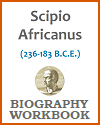 | 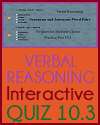 | 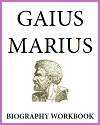 |  | 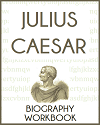 |
| Ancient Rome Books and Films | Ancient Rome Outlines and PowerPoints |
| Ancient Rome Maps and Pictures | Ancient Rome Study Games |
| Ancient Rome Miscellany | Ancient Rome Worksheets |
| www.studenthandouts.com ↣ World History ↣ Ancient Rome ↣ Ancient Rome Books and Films |








